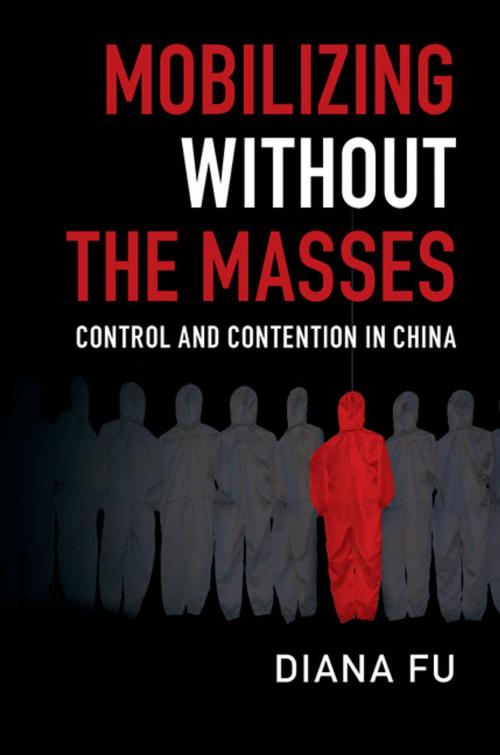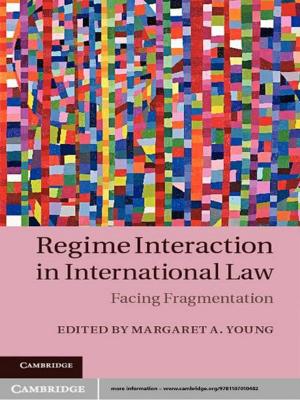Mobilizing without the Masses
Control and Contention in China
Nonfiction, Reference & Language, Law, Social & Cultural Studies, Social Science, Sociology| Author: | Diana Fu | ISBN: | 9781108356152 |
| Publisher: | Cambridge University Press | Publication: | November 9, 2017 |
| Imprint: | Cambridge University Press | Language: | English |
| Author: | Diana Fu |
| ISBN: | 9781108356152 |
| Publisher: | Cambridge University Press |
| Publication: | November 9, 2017 |
| Imprint: | Cambridge University Press |
| Language: | English |
When advocacy organizations are forbidden from rallying people to take to the streets, what do they do? When activists are detained for coordinating protests, are their hands ultimately tied? Based on political ethnography inside both legal and blacklisted labor organizations in China, this book reveals how state repression is deployed on the ground and to what effect on mobilization. It presents a novel dynamic of civil society contention - mobilizing without the masses - that lowers the risk of activism under duress. Instead of facilitating collective action, activists coach the aggrieved to challenge authorities one by one. In doing so, they lower the risks of organizing while empowering the weak. This dynamic represents a third pathway of contention that challenges conventional understandings of mobilization in an illiberal state. It takes readers inside the world of underground labor organizing and opens the black box of repression inside the world's most powerful authoritarian state.
When advocacy organizations are forbidden from rallying people to take to the streets, what do they do? When activists are detained for coordinating protests, are their hands ultimately tied? Based on political ethnography inside both legal and blacklisted labor organizations in China, this book reveals how state repression is deployed on the ground and to what effect on mobilization. It presents a novel dynamic of civil society contention - mobilizing without the masses - that lowers the risk of activism under duress. Instead of facilitating collective action, activists coach the aggrieved to challenge authorities one by one. In doing so, they lower the risks of organizing while empowering the weak. This dynamic represents a third pathway of contention that challenges conventional understandings of mobilization in an illiberal state. It takes readers inside the world of underground labor organizing and opens the black box of repression inside the world's most powerful authoritarian state.















